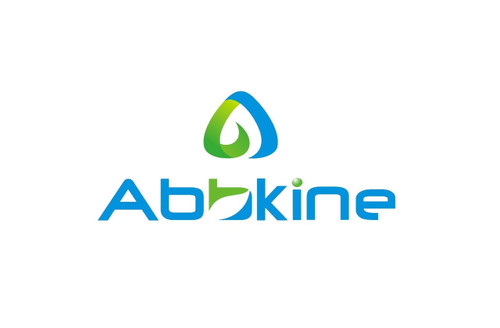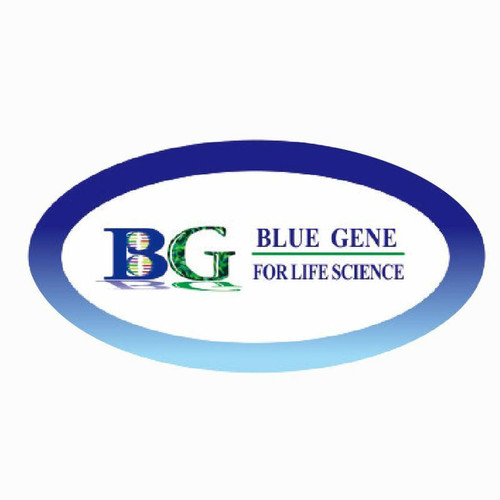Product Description
Rat Fibrinogen alpha chain (FGA) ELISA Kit | AE58761RA | Abebio
Species Reactivity: Rat (Rattus norvegicus)
Abbreviation: FGA
Alternative Name: Fib2; MGC119422; MGC119423; MGC119425; fibrinogen; A alpha polypeptide|fibrinogen; alpha chain; isoform alpha preproprotein|fibrinogen; alpha polypeptide
Application: ELISA
Range: 1.56-100 ng/mL
Sensitivity: 0.57 ng/mL
Intra-Assay: ≤6.2%
Inter-Assay: ≤10.4%
Recovery: 1, 02
Sample Type: Serum, Plasma, Other biological fluids
Detection Method: Sandwich
Analysis Method : Quantitive
Test Principale: This assay employs a two-site sandwich ELISA to quantitate FGA in samples. An antibody specific for FGA has been pre-coated onto a microplate. Standards and samples are pipetted into the wells and anyFGA present is bound by the immobilized antibody. After removing any unbound substances, a biotin-conjugated antibody specific for FGA is added to the wells. After washing, Streptavidin conjugated Horseradish Peroxidase (HRP) is added to the wells. Following a wash to remove any unbound avidin-enzyme reagent, a substrate solution is added to the wells and color develops in proportion to the amount of FGA bound in the initial step. The color development is stopped and the intensity of the color is measured.
Product Overview: Fibrinogen alpha chain is the alpha component of fibrinogen, a blood-borne glycoprotein composed of three pairs of nonidentical polypeptide chains. Following vascular injury, fibrinogen is cleaved by thrombin to form fibrin which is the most abundant component of blood clots. In addition, various cleavage products of fibrinogen and fibrin regulate cell adhesion and spreading, display vasoconstrictor and chemotactic activities, and are mitogens for several cell types. Mutations in this gene lead to several disorders, including dysfibrinogenemia, hypofibrinogenemia, afibrinogenemia and renal amyloidosis. Alternative splicing results in two isoforms which vary in the carboxy-terminus.
Stability: The stability of ELISA kit is determined by the loss rate of activity. The loss rate of this kit is less than 5% within the expiration date under appropriate storage condition. The loss rate was determined by accelerated thermal degradation test. Keep the kit at 37°C for 4 and 7 days, and compare O.D.values of the kit kept at 37°C with that of at recommended temperature. (referring from China Biological Products Standard, which was calculated by the Arrhenius equation. For ELISA kit, 4 days storage at 37°C can be considered as 6 months at 2 - 8°C, which means 7 days at 37°C equaling 12 months at 2 - 8°C) .
 Euro
Euro
 USD
USD
 British Pound
British Pound
 NULL
NULL








